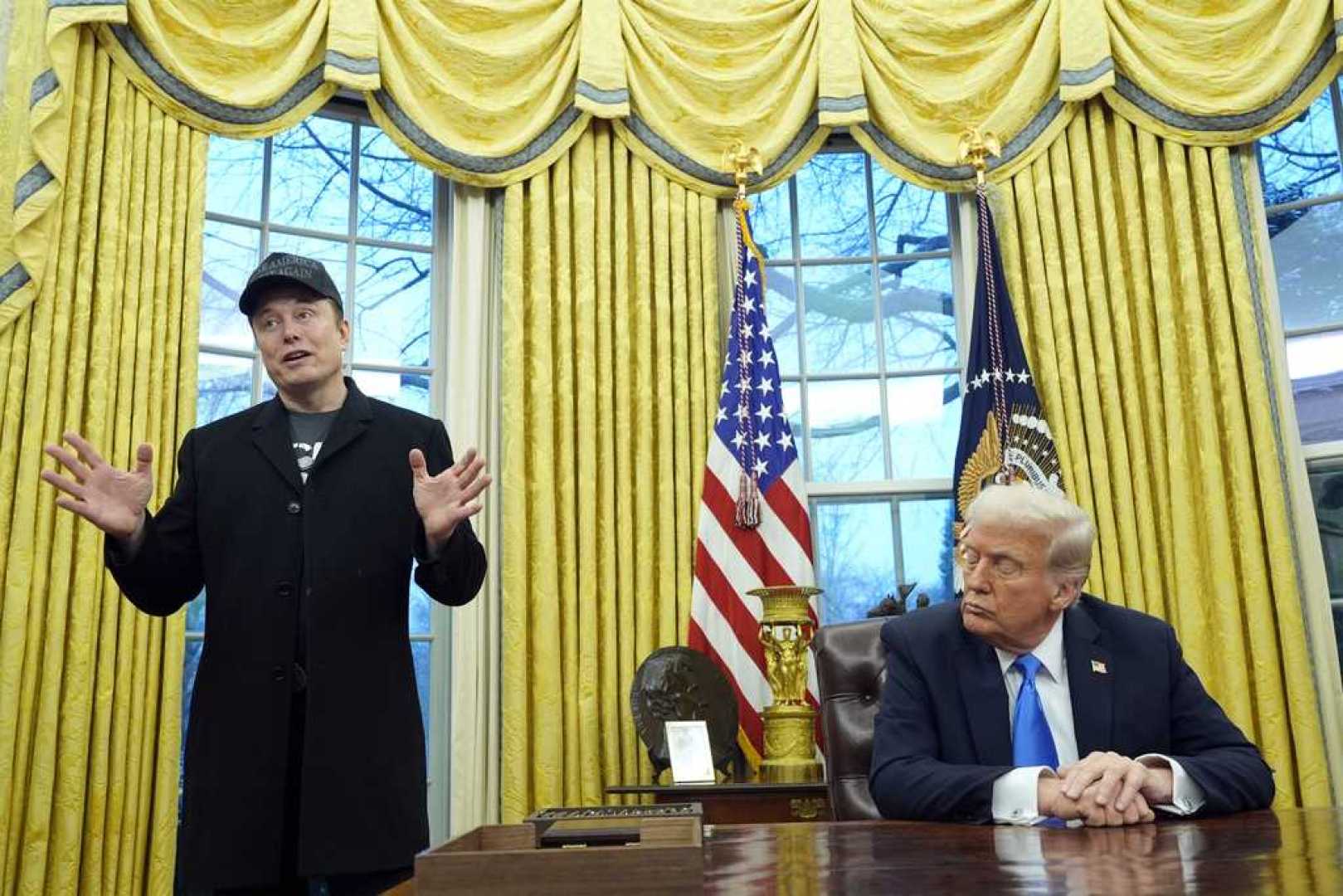Politics
Federal Judge Denies AP Request for Press Access Restoration

WASHINGTON, D.C. — A federal judge ruled on Monday against the Associated Press‘ request to restore access to presidential events, including the Oval Office and Air Force One, after the Trump administration enforced a ban in retaliation for the news organization’s continued use of the phrase “Gulf of Mexico,” rather than the president’s preferred “Gulf of America.”
U.S. District Judge Trevor McFadden denied the temporary restraining order during a hearing, stating he was not convinced that the AP would suffer “irreparable harm” due to the ban. The judge scheduled a hearing for March 20 for further discussion on the AP’s motion for a preliminary injunction.
During the hearing, McFadden, appointed by Trump in 2017, expressed skepticism about the legality and implications of the White House‘s actions. He termed the ban as “discriminatory” and noted the peculiar nature of the White House being affected by the decisions of a private organization, referring to the White House Correspondents' Association.
White House press secretary Karoline Leavitt defended the administration’s stance, stating that access to the president in the Oval Office and aboard Air Force One is a privilege, not a legal right. “We look forward to our next hearing on March 20 where we will continue to stand for the right of the press and the public to speak freely without government retaliation,” AP spokesperson Lauren Easton said in a statement.
In January, President Trump issued an executive order renaming the Gulf of Mexico to the Gulf of America. The AP maintains that it will continue to refer to the historic name, which is recognized globally, in its reports and style guidance.
The AP’s legal team argued that the ban limits their ability to provide timely and comprehensive coverage, excluding them from crucial news moments. “By being blocked from the Oval Office and Air Force One, the AP is not able to access important news events directly and is hindered in its role as a member of the press pool,” said Charles Tobin, attorney for the AP.
The Justice Department, representing the White House, contended that the ban did not significantly impair the AP’s reporting as they could still obtain information from other news outlets. DOJ attorney Brian Hudak argued that the president retains the authority to choose who has access to him.
Judge McFadden emphasized the importance of this situation, stating, “This is clearly viewpoint discrimination, which is particularly disfavored under the First Amendment.” He noted that media access to the president is essential for public accountability.
This dispute echoes past tensions between the Trump administration and news organizations, including the revocation of a CNN correspondent’s press pass during Trump’s first term. The precedence set by earlier conflicts over press access may weigh on this case, as McFadden hinted that the legal landscape might be unfavorable for the White House.
A number of other major news outlets, including The New York Times and NBC, have openly supported the AP in its fight against the ban. They have expressed concern about the potential implications for press freedom, highlighting the critical role of news access in democracy.
The forthcoming March hearing marks an important step in this ongoing legal dispute, with ramifications that may affect the relationship between the White House and news organizations going forward.












